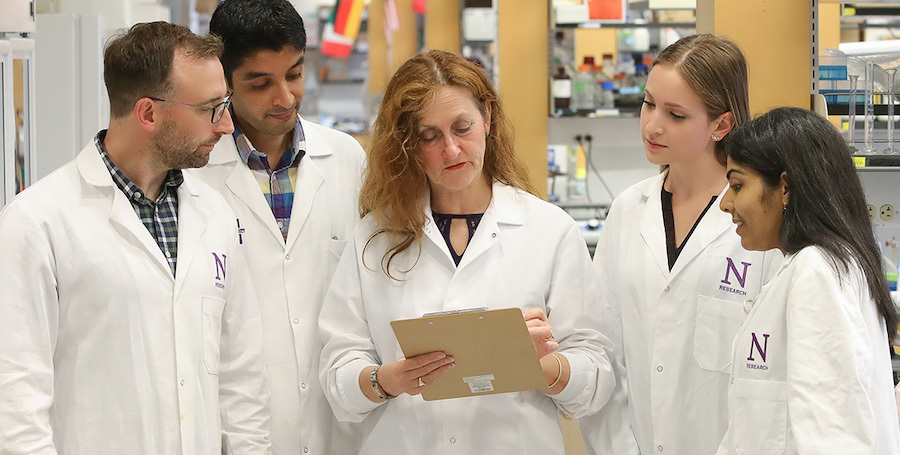New
Research Survey On The Use Of Natural Remedies
Researchers from Northwestern University are conducting a research survey on the use of natural remedies, supplements and camouflage by vitiligo patients, so that dermatologists can provide them with more competent and relevant care.
- Investigator: Roopal Kundu, MD and Sneha Poondru, BA
- Supported By: Northwestern University Feinberg School of Medicine Department of Dermatology
- Eligibility: age 18 or over, have a diagnosis of vitiligo, AND live in the United States
- Contacts: NUderm-research@northwestern.edu or (312)503-5944.
We would love for those who are 18+ and live in the United States to take this survey. It is totally anonymous and takes about 5-7 minutes.

FAQOther Questions
- Is vitiligo contagious?
Vitiligo is not contagious. This means it cannot be spread from person to person through physical contact, sharing personal items, or any other means of transmission. Vitiligo ...
- How can I cure vitiligo?
Right now, there is no universal "cure," but we have entered a new era of treatment. Today, managing vitiligo isn’t just about "hiding" it; it’s about sophisticated science that...
- What is vitiligo?
Vitiligo (pronounced vit-ill-EYE-go) is a generally unpredictable skin disease that causes a gradual loss of skin color and overlying hair on different parts of the body. Cont...
Though it is not always easy to treat vitiligo, there is much to be gained by clearly understanding the diagnosis, the future implications, treatment options and their outcomes.
Many people deal with vitiligo while remaining in the public eye, maintaining a positive outlook, and having a successful career.
Copyright (C) Bodolóczki JúliaBy taking a little time to fill in the anonymous questionnaire, you can help researchers better understand and fight vitiligo.

